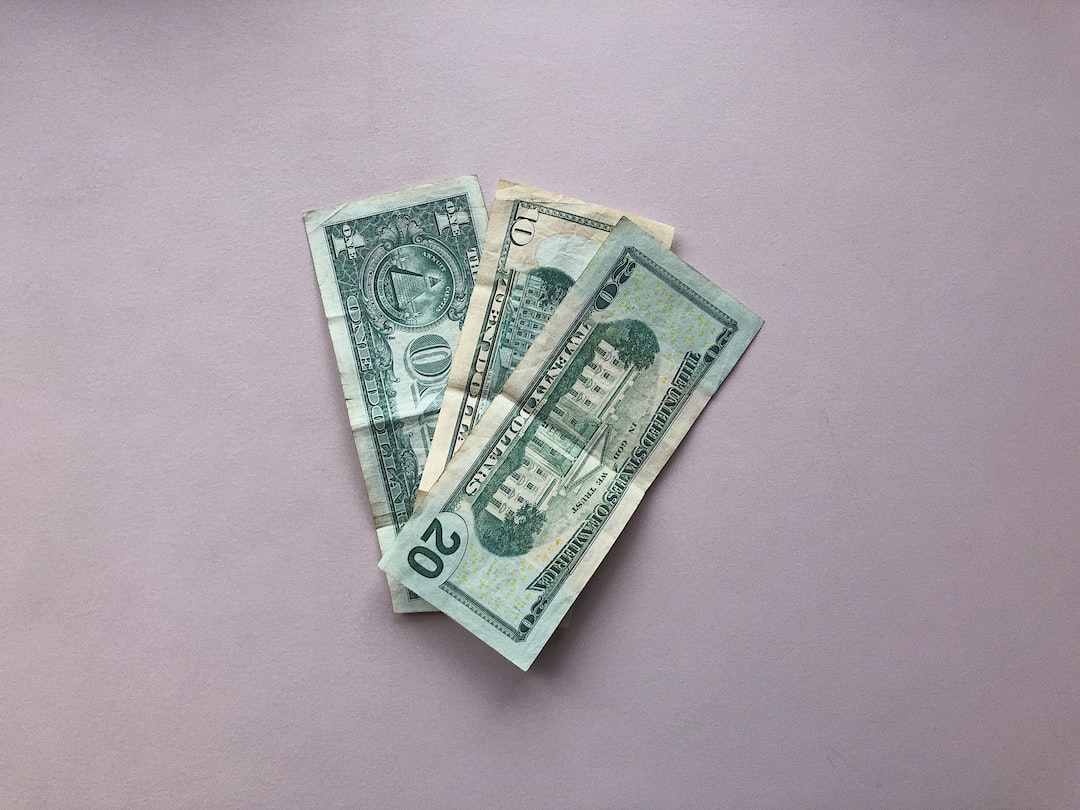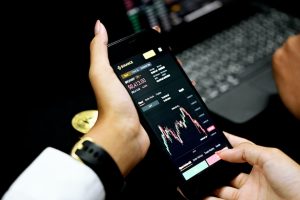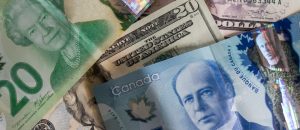The foreign exchange market, or forex market, is the largest and most liquid financial market in the world. It is where currencies are traded 24 hours a day, five days a week, and it operates on a decentralized network of computers, rather than on a single exchange like the stock market.
The forex market is used by individuals, corporations, governments, and financial institutions to exchange one currency for another, to hedge against currency risk, and to speculate on currency price movements. The market is open to anyone who has access to the internet, and anyone can participate in currency trading using an online brokerage account.
The forex market is unique in several ways. Firstly, it is decentralized, meaning that there is no centralized exchange where all transactions take place. Instead, currency trading is conducted electronically over a network of computers. This means that the forex market is open 24 hours a day, five days a week, with trading taking place in different time zones around the world.
Secondly, the forex market is highly liquid, with trillions of dollars being traded every day. This means that there is always someone willing to buy or sell a currency, regardless of the time of day or the size of the transaction. The high liquidity of the forex market also means that traders can enter and exit trades quickly and easily, without worrying about the market moving against them.
Thirdly, the forex market is highly leveraged, meaning that traders can trade with much larger amounts of money than they actually have in their account. This can result in large profits, but also large losses. Traders must manage their risk carefully when trading forex, and should never risk more than they can afford to lose.
The forex market is also influenced by a variety of factors, including economic data, geopolitical events, and central bank policy. Economic data, such as GDP and employment reports, can have a significant impact on currency prices, as they provide insight into the strength of a country’s economy. Geopolitical events, such as elections and wars, can also affect currency prices, as they can lead to uncertainty and volatility in the markets. Central bank policy, such as interest rate decisions and quantitative easing programs, can also have a significant impact on currency prices, as they can affect a country’s economic growth and inflation rate.
Traders in the forex market use a variety of tools and strategies to analyze currency prices and make trading decisions. Technical analysis involves the use of charts and indicators to identify patterns and trends in currency prices. Fundamental analysis involves the analysis of economic and political factors to identify the underlying forces driving currency prices. Traders may also use a combination of both technical and fundamental analysis to make informed trading decisions.
In conclusion, the forex market is a vast and complex financial market that is open to anyone with an internet connection. It is the largest and most liquid financial market in the world, with trillions of dollars being traded every day. The market is decentralized, highly liquid, and highly leveraged, and is influenced by a variety of economic, geopolitical, and central bank factors. Traders in the forex market use a variety of tools and strategies to analyze currency prices and make informed trading decisions.






